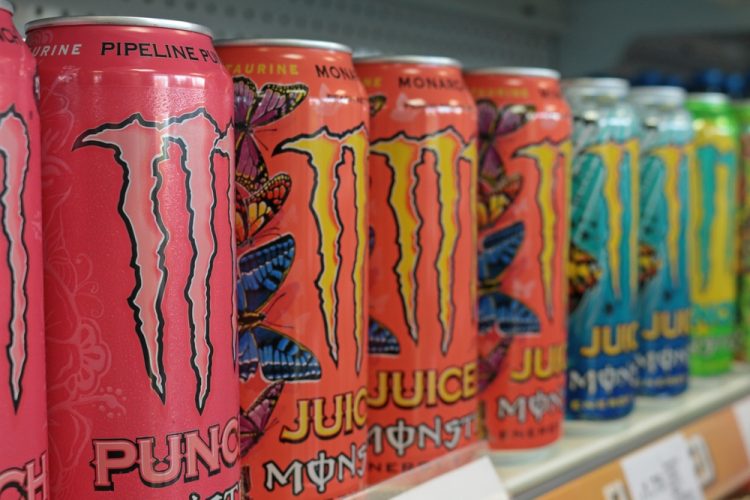UK Government moves to ban high-caffeine energy drinks for under-16s in England
Posted: 3 September 2025 | Ben Cornwell | No comments yet
Government unveils plans to restrict high-caffeine energy drinks for under-16s, targeting childhood obesity and improving school performance.


Credit: Carol Tyers / Shutterstock.com
The UK Government has announced plans to ban the sale of high-caffeine energy drinks to children under 16 in England, aiming to tackle obesity and protect young people’s health and education.
The move could prevent obesity in up to 40,000 children and deliver tens of millions of pounds in health benefits.
Health and Social Care Secretary Wes Streeting said:
How can we expect children to do well at school if they have the equivalent of a double espresso in their system on a daily basis?
Energy drinks might seem harmless, but the sleep, concentration and wellbeing of today’s kids are all being impacted, while high sugar versions damage their teeth and contribute to obesity.”
Proposed terms of the ban
The ban would cover the sale of any drink containing more than 150mg of caffeine per litre to under-16s across all retail settings, including shops, cafes, restaurants, vending machines and online.
High-caffeine brands such as Red Bull, Monster, Relentless and Prime would fall under the ban, while lower-caffeine soft drinks, tea and coffee would remain unaffected. For context, a 250ml can of Red Bull contains 80mg of caffeine, a 500ml can of Monster 160mg, while a cup of coffee has 80–100mg and tea around 40mg.
Research shows around 100,000 children consume at least one high-caffeine energy drink daily, and up to a third of 13- to 16-year-olds drink them weekly. Evidence links the drinks to disrupted sleep, increased anxiety, poor concentration and lower academic performance, with children from deprived communities disproportionately affected.
Education Secretary Bridget Phillipson said the ban is part of a broader strategy to improve behaviour and learning in schools, alongside mental health support and updated school food standards.
While major supermarkets voluntarily stopped selling energy drinks to under-16s in 2018, many smaller shops continue to allow their sale to children, highlighting the need for enforceable regulation.
Support for the proposed ban
The move has received strong backing from health experts. Katharine Jenner, Director of the Obesity Health Alliance, said:
High-caffeine energy drinks have no place in children’s hands. We fully support the government’s proposal to ban sales of high-caffeine energy drinks to under-16s. This is a common-sense, evidence-based step to protect children’s physical, mental, and dental health.
Age-of-sale policies like this have a proven record of reducing access to products that are not suitable for children, and will help create an environment that supports healthier choices for future generations.”
Dr Kawther Hashem, Head of Research and Impact at Action on Sugar, welcomed the consultation on the proposed ban but added that “success will ultimately depend on proper enforcement.”
Young people themselves have also voiced strong support for the ban. Carrera, 18, part of the youth activist group Bite Back, highlighted the pressures children face, saying:
“Energy drinks have become the social currency of the playground – cheap, brightly packaged, and easier to buy than water. They’re aggressively marketed to us, especially online, despite serious health risks.
We feel pressured to drink them, especially during exam season, when stress is high and healthier options are hard to find. This ban is a step in the right direction – but bold action on marketing and access must follow.”
The government has launched a 12-week consultation, closing on 26 November 2025, to gather evidence on the proposed ban from health experts, educators, retailers, manufacturers, local authorities and the public.
Related topics
Beverages, Health & Nutrition, Obesity, Regulation & Legislation, retail, Supermarket, The consumer, Trade & Economy
Related organisations
Action on Sugar, Bite Back, Obesity Health Alliance (OHA), UK Government









